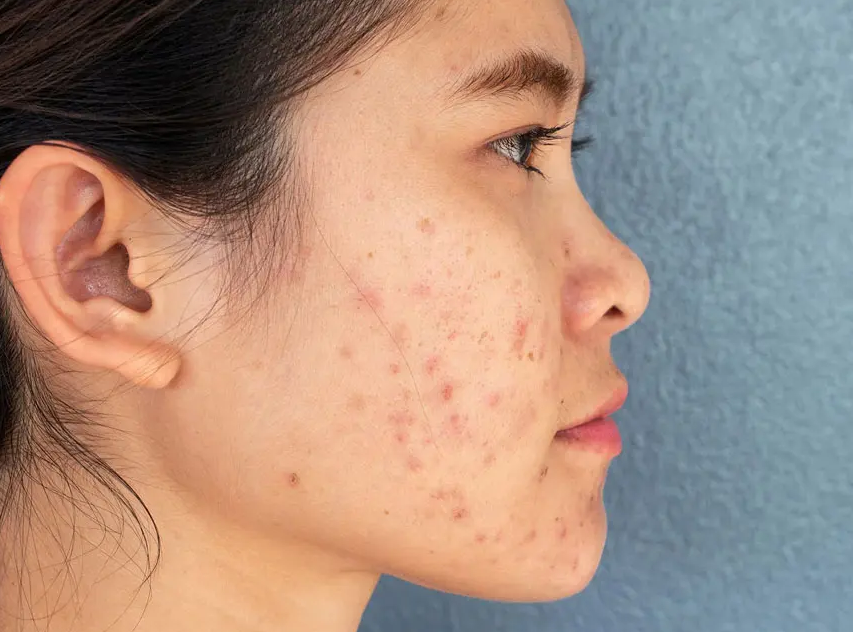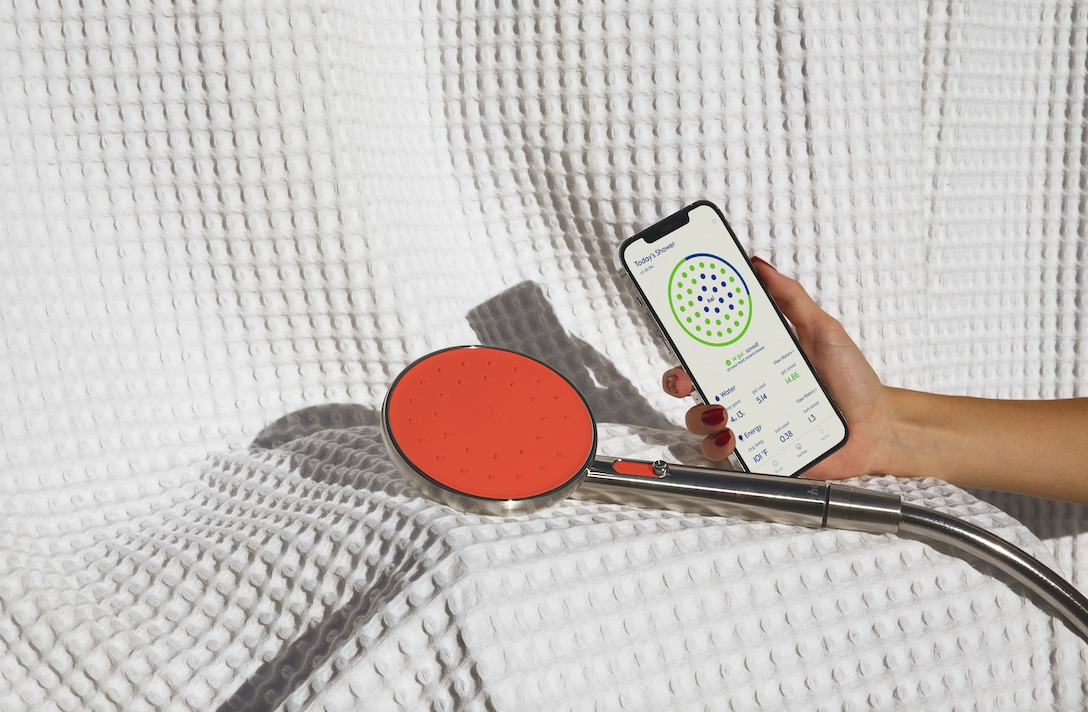Natural Remedies for Acne-Prone Skin
Dealing with acne can be frustrating, especially when breakouts seem persistent despite trying various treatments.

Dealing with acne can be frustrating, especially when breakouts seem persistent despite trying various treatments. While over-the-counter products and prescription medications can be effective, many people seek gentle and sustainable solutions. Natural remedies for acne-prone skin offer a chemical-free approach that targets the root causes of breakouts while nurturing the skin. This blog explores time-tested, science-supported natural treatments that may help you achieve clearer, healthier skin.
Understanding Acne and Its Causes
Acne occurs when hair follicles become clogged with oil (sebum), dead skin cells, and bacteria. It can be triggered or worsened by various factors:
- Excess sebum production
- Hormonal imbalances
- Poor diet or hydration
- Stress and lack of sleep
- Use of comedogenic skincare products
Knowing the underlying causes helps in selecting the right natural skincare remedies for acne treatment.
Why Choose Natural Remedies for Acne?
Using natural remedies for acne-prone skin has many advantages. They are:
- Gentler on sensitive skin
- Free from harsh chemicals and synthetic fragrances
- Often anti-inflammatory and antimicrobial
- Cost-effective and easily accessible
- Supportive of long-term skin health
Natural remedies work best when used consistently and as part of a holistic routine that includes diet, stress management, and hydration.
Top Natural Remedies for Acne-Prone Skin
These natural ingredients have been recognized for their ability to calm inflammation, kill acne-causing bacteria, and balance skin’s oil production.
1. Tea Tree Oil
One of the most researched natural acne treatments, tea tree oil has strong antimicrobial and anti-inflammatory properties.
How to use:
- Dilute a few drops with a carrier oil like jojoba or almond oil
- Apply directly to pimples using a cotton swab
- Use once daily to avoid irritation
Benefits:
- Kills acne-causing bacteria (Propionibacterium acnes)
- Reduces redness and swelling
- Helps prevent future breakouts
2. Aloe Vera
Aloe vera soothes irritated skin and provides antibacterial benefits. It also hydrates without clogging pores, making it ideal for oily and acne-prone skin.
How to use:
- Apply fresh aloe vera gel from the plant directly to the skin
- Use as a nighttime mask or daily moisturizer
Benefits:
- Calms inflammation and redness
- Speeds up healing of pimples and scars
- Provides lightweight hydration
3. Apple Cider Vinegar
Apple cider vinegar (ACV) contains acetic, citric, and lactic acids that can exfoliate, kill bacteria, and balance skin pH.
How to use:
- Dilute ACV with water in a 1:3 ratio
- Use as a toner with a cotton pad
- Apply no more than once daily
Benefits:
- Reduces oiliness
- Minimizes the appearance of pores
- Prevents bacterial growth on the skin
4. Honey
Raw or Manuka honey is naturally antibacterial and full of antioxidants. It draws moisture into the skin while combating infections.
How to use:
- Apply a thin layer of raw honey as a face mask
- Leave on for 15–20 minutes and rinse with warm water
Benefits:
- Soothes inflamed breakouts
- Speeds healing of acne scars
- Hydrates without contributing to oiliness
5. Green Tea
Rich in antioxidants and polyphenols, green tea reduces inflammation and sebum production—both key contributors to acne.
How to use:
- Brew green tea, let it cool, and use as a toner
- Mix with aloe vera gel for a calming treatment
Benefits:
- Decreases oil production
- Fights free radicals that can damage skin
- Helps reduce redness and swelling
6. Witch Hazel
A natural astringent, witch hazel helps to tone the skin, tighten pores, and reduce oiliness.
How to use:
- Apply to a cotton pad and swipe across clean skin
- Use after cleansing, once or twice daily
Benefits:
- Reduces excess sebum
- Minimizes inflammation
- Soothes irritated or acne-prone areas
7. Jojoba Oil
Though it’s an oil, jojoba oil closely resembles the skin’s natural sebum and can help regulate its production.
How to use:
- Apply a few drops to damp skin after cleansing
- Can be used alone or under a moisturizer
Benefits:
- Moisturizes without clogging pores
- Helps dissolve hardened sebum in pores
- Balances oil production
8. Turmeric
A powerful anti-inflammatory, turmeric helps fade acne scars and reduce active breakouts.
How to use:
- Mix turmeric powder with honey or yogurt
- Apply as a face mask once or twice a week
Benefits:
- Calms inflamed skin
- Fades pigmentation and dark spots
- Supports even skin tone
Lifestyle Tips to Support Acne Treatment Naturally
Alongside using natural remedies for acne-prone skin, your lifestyle plays a crucial role in preventing breakouts.
1. Maintain a Clean Skincare Routine:
- Wash your face twice daily with a gentle cleanser
- Avoid overwashing, which can strip skin and worsen acne
2. Hydrate and Eat Skin-Friendly Foods:
- Drink at least 8 glasses of water daily
- Include leafy greens, berries, nuts, and omega-3-rich foods
3. Reduce Stress and Sleep Well:
- Stress increases cortisol, which can trigger acne
- Aim for 7–9 hours of sleep nightly
4. Change Pillowcases Frequently:
- Dirty fabrics can transfer oil and bacteria to your face
5. Avoid Touching Your Face:
- Hands can transfer dirt and bacteria that clog pores
Cautions When Using Natural Remedies
Even natural ingredients can cause reactions or irritation, especially if misused.
- Always do a patch test before applying new ingredients to your entire face
- Avoid overusing essential oils or acids like ACV
- Store ingredients properly to maintain effectiveness
Final Thoughts
Choosing natural remedies for acne-prone skin provides a gentle, sustainable path to clearer skin. While results may take time, the long-term benefits—reduced irritation, fewer side effects, and improved skin health—are worth the effort. Whether you're using tea tree oil to spot-treat pimples or aloe vera to calm inflammation, consistency and care are key. Pair your remedies with healthy habits and a clean skincare routine, and your skin will thank you.
Recent Blogs
-

Cozy Essentials for Kids: Where Comfort Meets Everyday Adventure
-

Innovations To Upgrade Your Hair & Shower Routine
-

Designing Soft Play for Small Spaces: Compact Sets That Maximize Fun
-

Affordable Elegance in Men’s Bands: A Closer Look at Manly Bands’ Sub-$300 Collection
-

How to Choose the Right Ekster Wallet or Cardholder for You